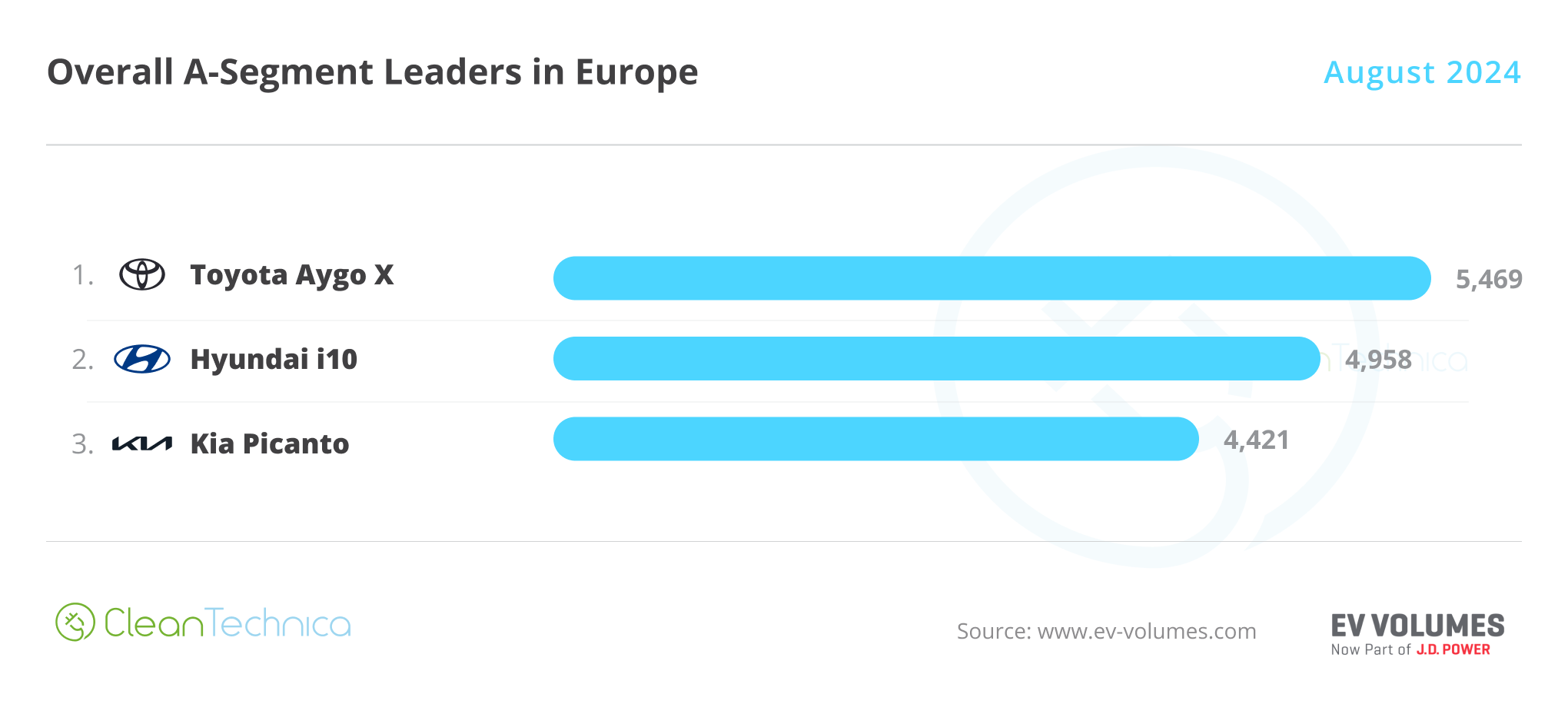Last Updated on: 4th June 2025, 10:57 am
I’ve been an advocate for EVs for over a decade. My switch to electric vehicles came when my guy and I made the decision to trade our fun little Miata summer sports car for a used Nissan Leaf. The Leaf made for a great additional car in our family’s fleet; with its low purchase and operating costs, it was a fine entrée into the world of EVs.
The switch to electric vehicles isn’t always fluid for everyone, though. Each US state offers a different level of EV incentives and infrastructure. Women especially perceive EVs to be too expensive and the charging infrastructure to be too elusive. Importantly, a lack of awareness and confusion about what it means to drive all-electric is still prevalent for lots of women today.
A nonprofit group has as its core mission to “inspire and equip” people to adopt clean energy in their own lives. A project underway at Generation180 toward that goal is focused on helping women to make the switch to electric vehicles. Headquartered in Charlottesville, the nonprofit has recruited around 7,000 “EV ambassadors” nationwide to spread the word about their experiences online and in person.
It means getting women who are familiar with EVs to mentor other women who’d like to know more about EVs but don’t have access to do so.
I signed on, agreeing “to help accelerate the transition to 100% clean energy.” That’s easy — I can’t ever see myself buying another internal combustion engine vehicle (ICEV). I’m on my third EV: I currently own a Chevy Bolt and a Tesla Model Y.
For many women who currently drive an ICEV, the switch to electric vehicles would have many benefits, including home charging independence, cleanliness during charging, low maintenance, a quiet ride, responsive acceleration, state-of-the-art technology, and engaging in zero emissions climate action. Research points specifically to environmental attitudes and purchase price as the most influential parameters on the intention to buy electric vehicles.
But several barriers also prevent women from embracing EVs, including the need to monitor battery state of charge, limited available charging station networks, lack of charging standardization, questions about charging station safety, and nearly non-existent roadside assistance.
Can women-to-women advocacy make a difference to assuage concerns about the switch to electric vehicles? Gen180 wants to inspire and equip owners like you and me to be even more impactful so we drive awareness and adoption of EVs in our neighborhoods, communities, and workplace.
I’ll Drive What She’s Driving
Women make up less than 30% of EV owners in the US, yet own about half of all vehicles. Wouldn’t you think that women, who play a pivotal role in environmental matters and are essential in improving environmental standards, would have a greater interest in EVs?
Climate action can take on a variety of forms. Sometimes it’s about changing consumption and mobility patterns. At other times it is about everyday living habits. Keen climate awareness often moves into active societal participation.
“There was an obvious disconnect,” Gen180 executive director Stuart Gardner said. The “I’ll Drive What She’s Driving” campaign, now in its second year, was born in reaction to the disparity. Gardner says EV ownership is a vital “stepping stone” to other clean energy actions.
Key features of this pro-environment gender demographic include women who are extremely worried about climate change, do not own a car, and self-identify as being ready to take personal steps to confront climate change in their own lives. These are the women whose stage of life correlates with being ready to buy an EV.
Social networks and awareness of climate change can influence women’s willingness to adopt EVs. In Virginia, Gen180 found that just a quarter of women had heard “a lot” about EVs, compared to nearly half of men. Other studies supported that finding, which showed just 30% of women had some familiarity with EVs, compared to over half of men.
The initiative is focused on reaching women in the suburbs — auto-dependent areas where electric vehicles are ideal for short trips and where many new-car buyers live, said Gardner. Suburbs also “tend to be evenly split Democrat and Republican,” he said, “So, they [offer] a great opportunity to say, ‘Hey, EVs are for everyone.’”
What do women EV owners bring to the Generation180 advocacy effort? They:
- have done a lot of intentional research from trusted sources like friends and colleagues, Shakaya Cooper, a Generation180 program manager, told Canary Media;
- infuse 1-to-1 EV experiences in places like a car show where various EV makes and models are on display;
- show off their EV’s attributes in their everyday commutes, such as spacious frunk outlets that make outdoors events sophisticated;
- explain how EVs make sense financially due to lower operating costs, no need for oil changes, and inexpensive overnight home charging — especially when compared to an ICEV;
- blog about their positive EV experiences;
- identify other women who are social media influencers who’ve rented EVs and posted about activities ranging from the novel to the mundane, like charging at the shopping center while buying groceries;
- admit that longer EV road travel requires a bit more planning than in a traditional ICEV and that initial cost of EV purchase is still a bit higher than for ICEVs.
Why Advocacy Works in the Switch to Electric Vehicles
The increasingly polarized information landscape is a real turn-off for women. Instead of controversy, women look for reliable messengers. This is where advocacy comes in. Advocacy can be an effective change strategy to achieve healthier, more equitable, and thriving communities. Advocacy bridges the gap between community needs, evidence-based solutions, and the decisions made by policymakers and institutions, ultimately working to create a more just, equitable society.
Female advocates bring with us valuable skills: empathy, communication, and interpersonal engagement. In the corporate world, those qualities enhance decision-making and organizational success. Through narratives of resilience, innovation, and empowerment, the transformative impact of women addresses disparities. We use our knowledge, intellect, capability, and insights to leverage strengths and perspectives that all women bring to their worlds.
Consumer information changes with market conditions and offerings. You’d think that car dealerships, which now have abundant catalogs of EVs, would find women to be an important EV target audience. Certainly, it would take acceptance of women as a growing presence in the automotive industry. Dealership managers should craft effective marketing strategies particular to the motivations and preferences of women who would like to opt for EVs. It takes leveraging the influence of social media, designing a driving experience conducive to women’s preferences, and highlighting the environmental and economic benefits of EVs.
The EV ownership disparity can be addressed by providing customized support systems that are tailored to the varying needs and challenges of different individuals and households. To do so would result in a more even and equitable distribution of all-electric transportation outcomes.
Switching to electric vehicles can bring women in line with their personal values, consequently contributing to a sense of empowerment. Harmonizing technological advances like those available in an EV promotes peace, security, freedom from discrimination, and energy justice.

Sign up for CleanTechnica’s Weekly Substack for Zach and Scott’s in-depth analyses and high level summaries, sign up for our daily newsletter, and follow us on Google News!
 Whether you have solar power or not, please complete our latest solar power survey.
Whether you have solar power or not, please complete our latest solar power survey.
Have a tip for CleanTechnica? Want to advertise? Want to suggest a guest for our CleanTech Talk podcast? Contact us here.
Sign up for our daily newsletter for 15 new cleantech stories a day. Or sign up for our weekly one on top stories of the week if daily is too frequent.
CleanTechnica uses affiliate links. See our policy here.
CleanTechnica’s Comment Policy






